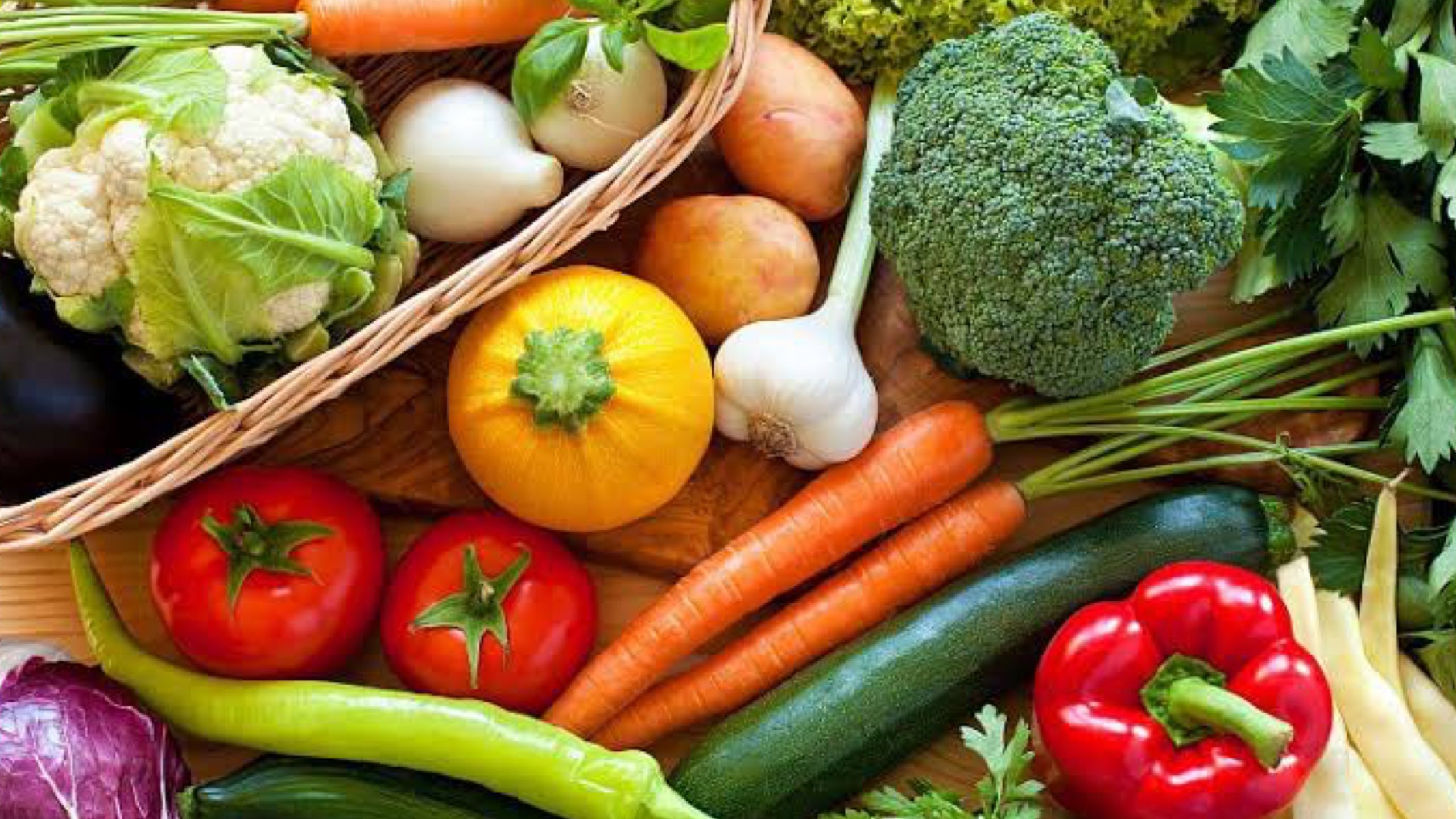The food prices rise in South Africa is creating serious challenges for household welfare. Meat prices, especially beef, have surged sharply in recent months. Fresh vegetables such as beetroot, lettuce, and carrots have also become significantly more expensive. These rising food costs add financial pressure to many families, particularly those with limited incomes. This increase in prices is straining budgets and making it more difficult for many households to maintain a balanced and nutritious diet.
Rising Costs Impact Household Budgets Across South Africa
The ongoing food prices rise has pushed food inflation to a 15-month high, far outpacing overall inflation. This surge affects essential food items, making it difficult for many households to afford basic necessities. As a result, families often reduce food consumption or change diets, increasing the risk of food insecurity, especially among vulnerable groups. The continued price increases also force households to prioritise cheaper foods, which can negatively impact nutrition and overall health.
Low-Income Households Face the Greatest Challenges
Low-income families experience the harshest effects of the food prices rise. Many must cut back on essential food purchases or choose cheaper, less nutritious alternatives. This creates serious health and nutrition risks. The connection between income and food affordability is becoming increasingly clear across South Africa. The disproportionate burden on poorer families raises concerns about long-term welfare and social inequality.
Regional Trends Highlight Broader Risks
Similar food price increases are affecting neighbouring countries, reducing consumption and pushing more people into poverty. These trends highlight the fragile state of regional food security. The food prices rise is a threat not only locally but across southern Africa. Increased food prices may also impact regional trade dynamics and economic stability, further complicating efforts to improve food access.
Economic Impact and Policy Considerations
While farmers and producers might benefit from higher prices, the food prices rise worsens poverty for many households. Increased food costs threaten families’ ability to meet basic needs. Therefore, urgent policy interventions are needed to improve food affordability and protect vulnerable populations. Policymakers must balance the interests of producers and consumers to ensure sustainable food systems that support economic growth while reducing hardship.






